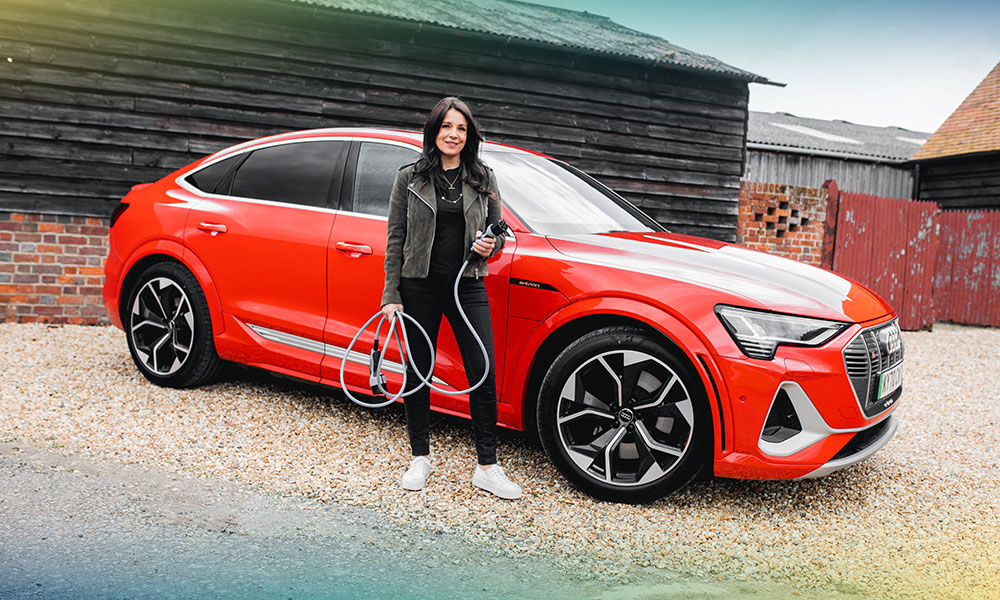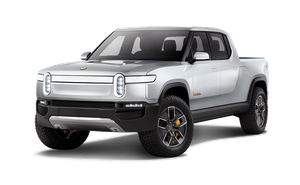This might seem like a backwards step but it does at least offer buyers the choice of different propulsion methods across the Renault range. There’s pure electric, PHEV, a battery boosted (but not plug-in) Clio and the traditional petrol or diesels.
This Captur is the most interesting to us as the small SUV is the best-selling model in the Renault range; a surprising fact for anyone used to seeing Clios and Meganes on the top ten sales charts in years gone by. The addition of a PHEV version brings the opportunity for buyers in the market for a car like this to have something which can run on electric-only power for around 30 miles to do the daily commute or popping to the shop and then switch to petrol for longer journeys.
Besides having obvious fuel saving advantages, the Captur will also be hugely attractive to company car drivers, as the tax level of the new E-Tech model is just 10%, compared to 26-30% for the petrol and diesel models.
The tax figures aren’t the only impressive part of the Captur’s specification sheet. The combined power produced by the electric and 1.6-litre petrol engine is 160bhp, making it the most powerful model in the range. Despite this, it has an official fuel consumption figure of 188.3 mpg and CO2 emissions of 34g/km.
The ‘conversion’ to a PHEV has done little to harm the Captur’s impressive practicality either, as the boot is a surprisingly big 379 litres plus another 40 litres beneath a false floor – that’s as big as some estate cars. The rest of the interior is surprisingly spacious too, and feels to be a decent quality.
Not all the figures are quite so impressive though, and the acceleration time of 10.1 seconds is decidedly average. The battery isn’t that big either, at 9.8kWh compared to the 14.4kWh of the slightly larger Ford Kuga PHEV. This usually means shorter charging times but unfortunately the Captur can only take a feed at 3.6kW rather than the 7kW used in most electric cars.
On the road, the Captur serves up more disappointments. In EV only mode it is silent and relaxing of course but the suspension doesn’t do a decent job of smoothing out bumps and a rough country road leaves it feeling a bit unsettled, almost as though someone has pumped the tyres up too hard.
Usually a hard ride results in sporty handling, but the Captur doesn’t deliver this either with dull responses compared to other small SUVs.
Our biggest concern is the price though. The PHEV is more than £8,000 more expensive than the petrol versions of the Captur, head to head with pure electric rivals such as the Peugeot e2008, Hyundai Kona and new Skoda Enyaq. It's only around £3,000 less than the larger, more impressive Ford Kuga PHEV.
As a result, we are pleased the Captur PHEV has arrived but suggest you look closely at rivals before signing on the dotted line.









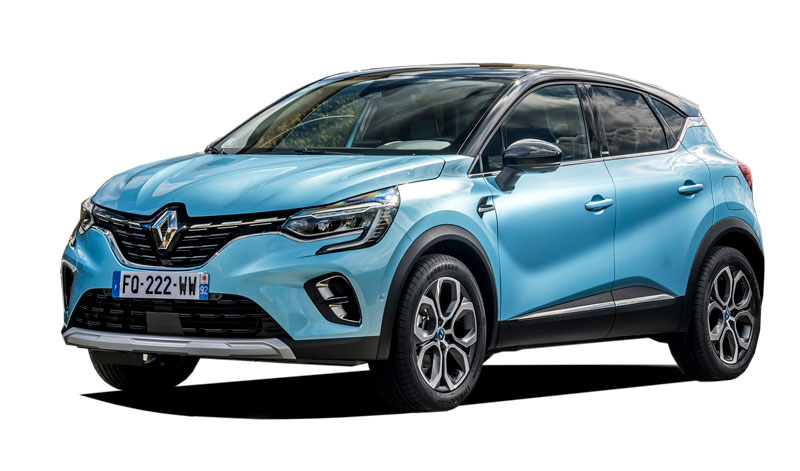.jpg)
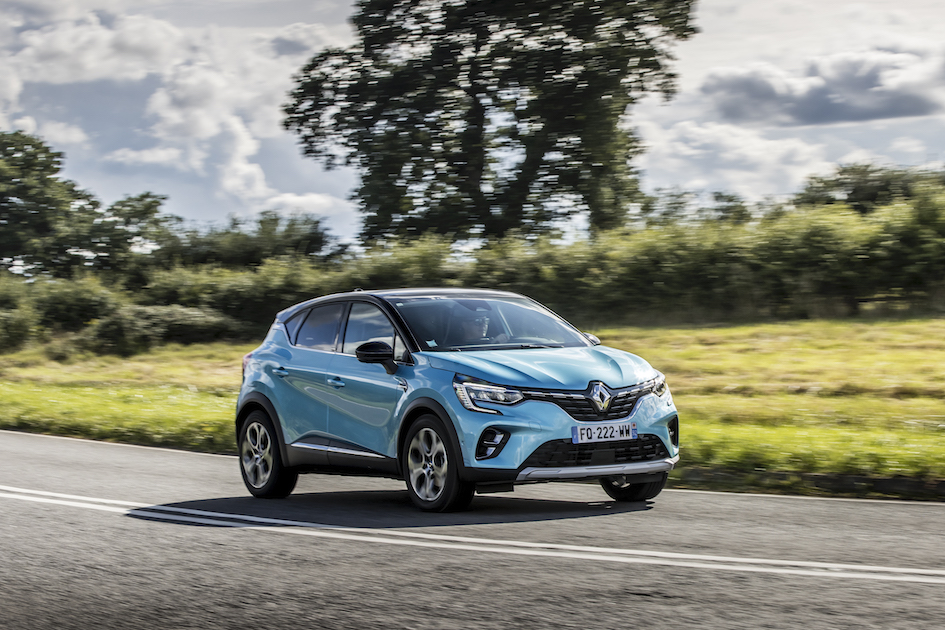.jpg)
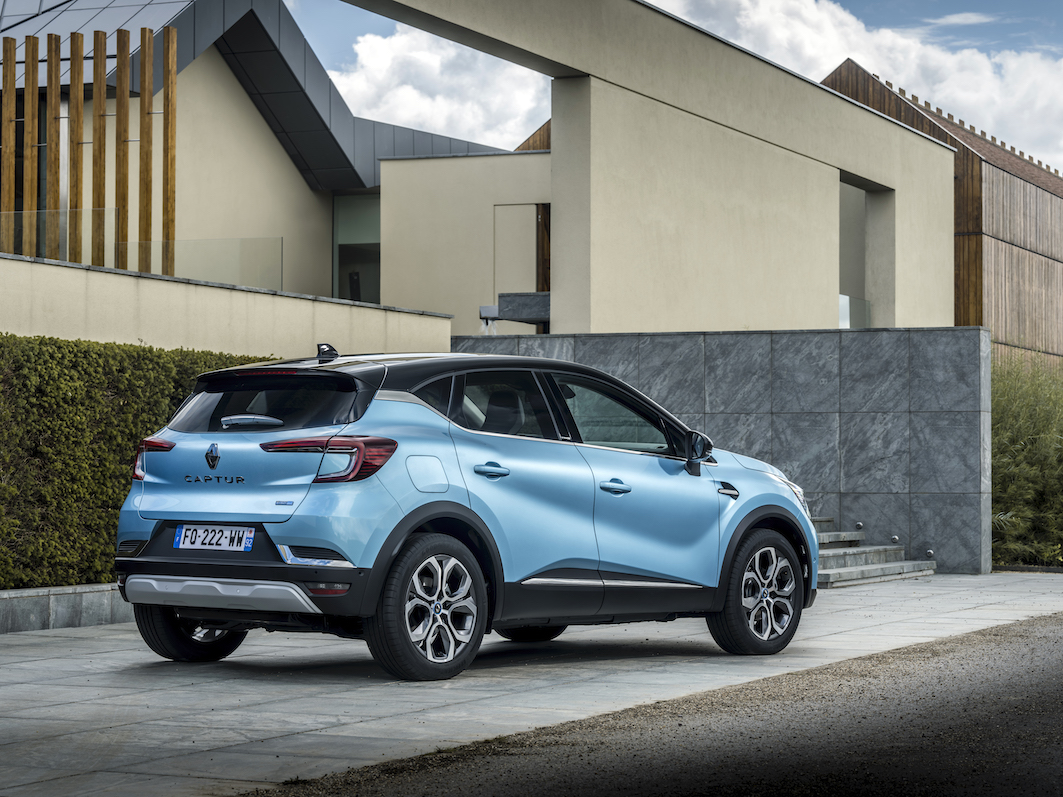.jpg)
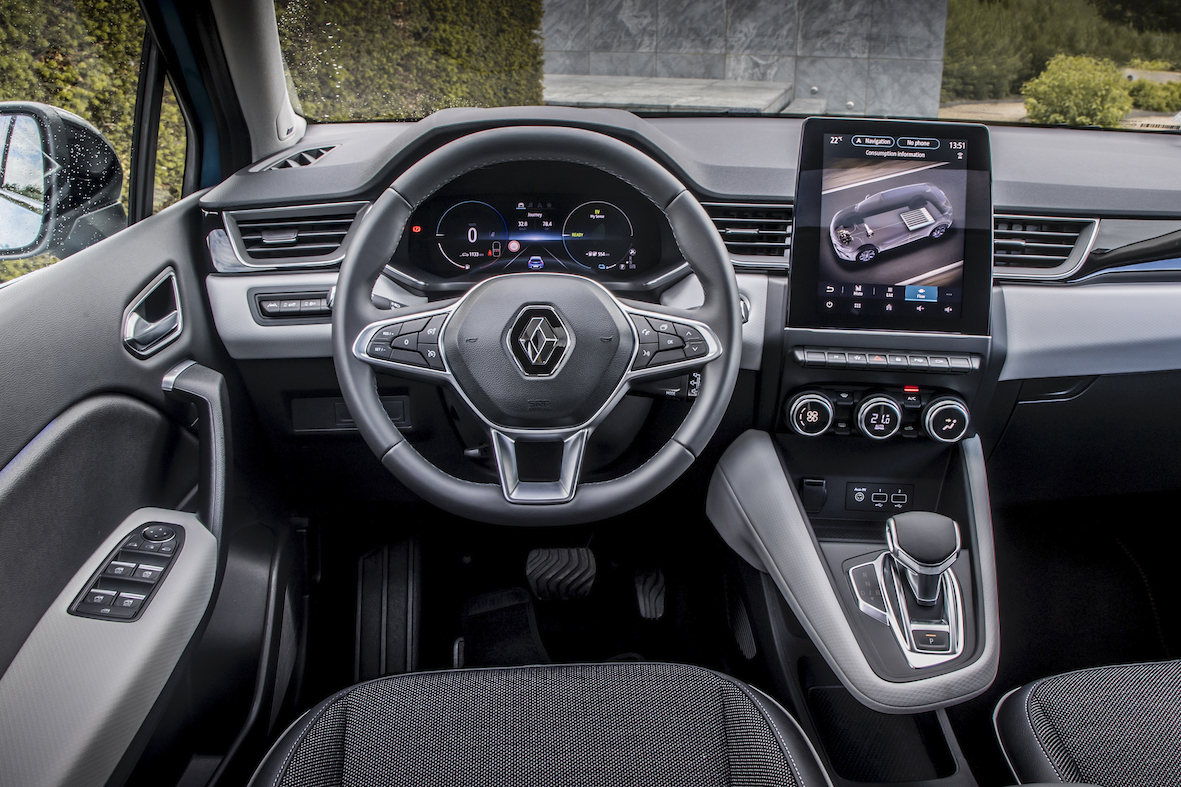.jpg)
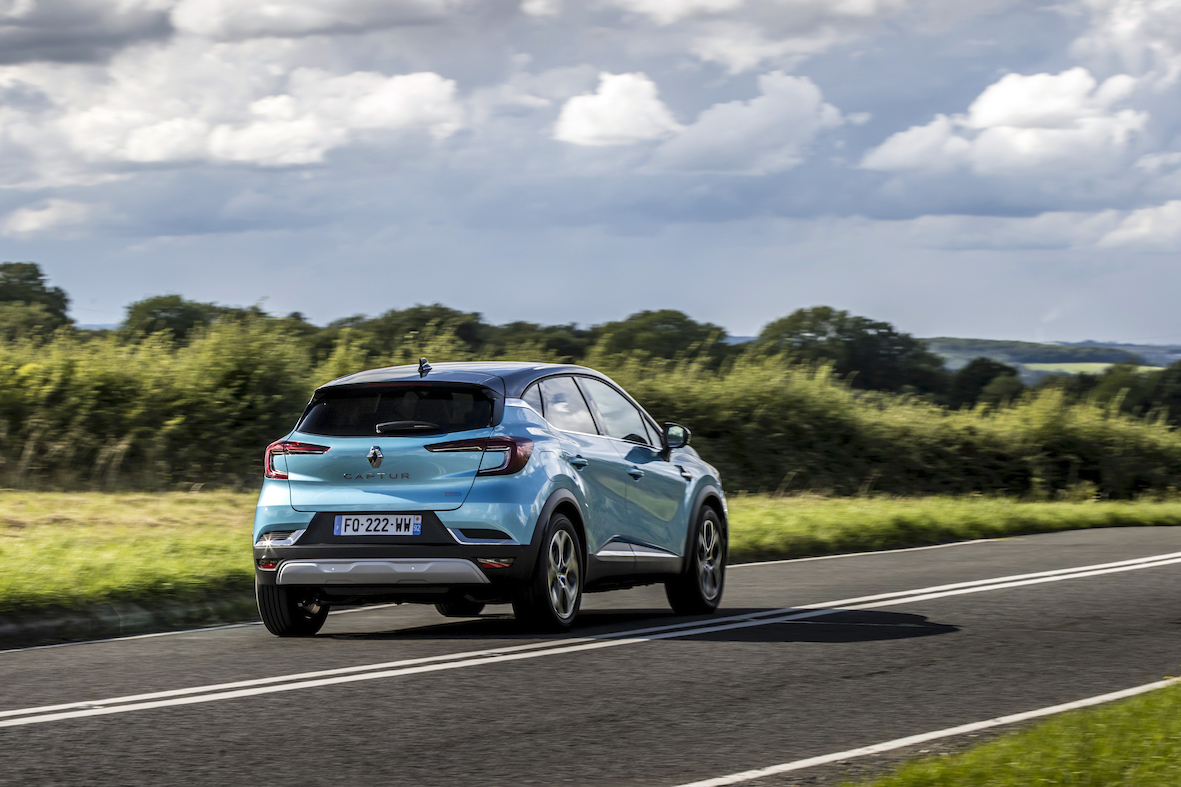.jpg)
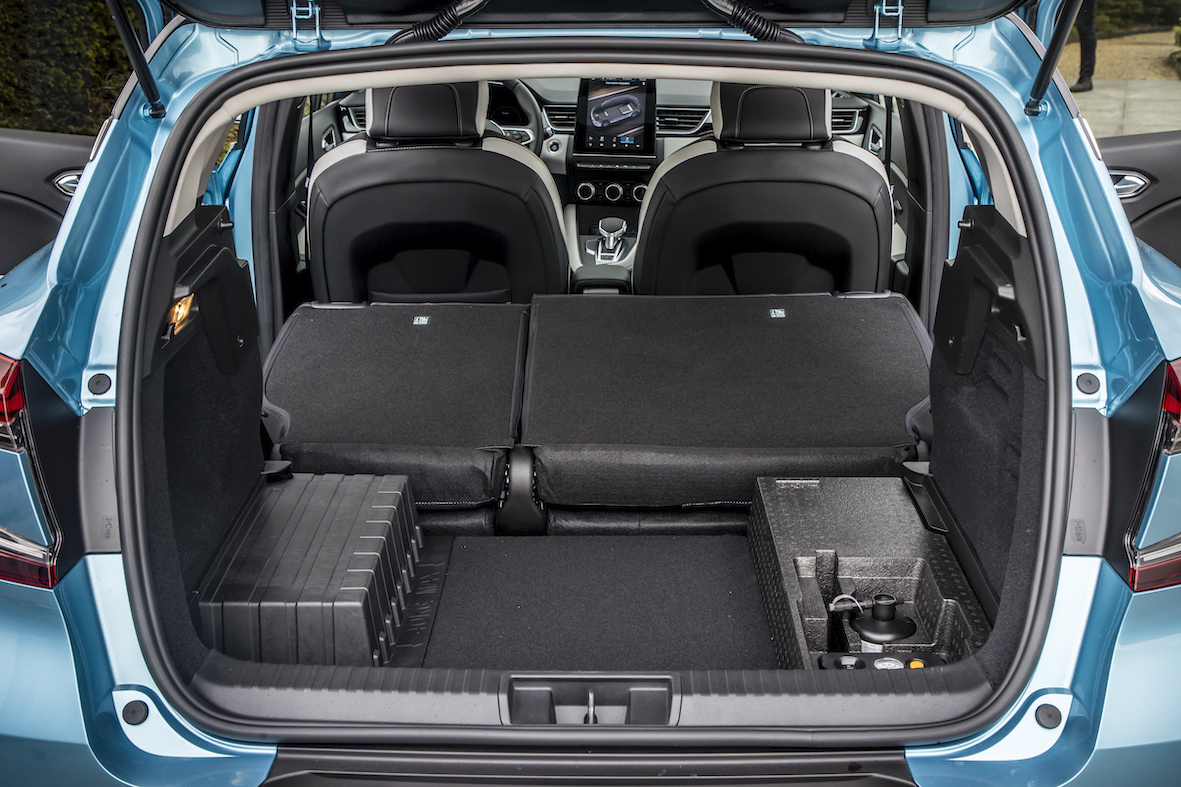.jpg)
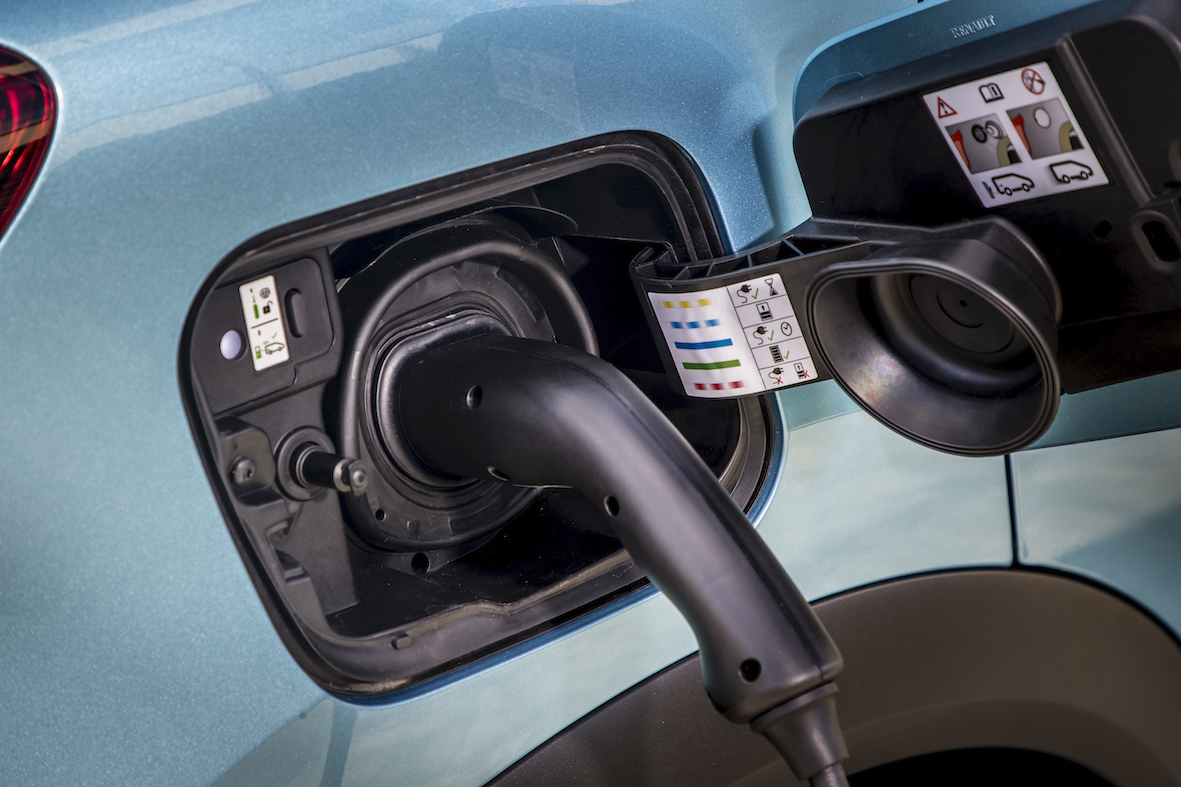.jpg)


.jpg?width=1500&height=1000)
